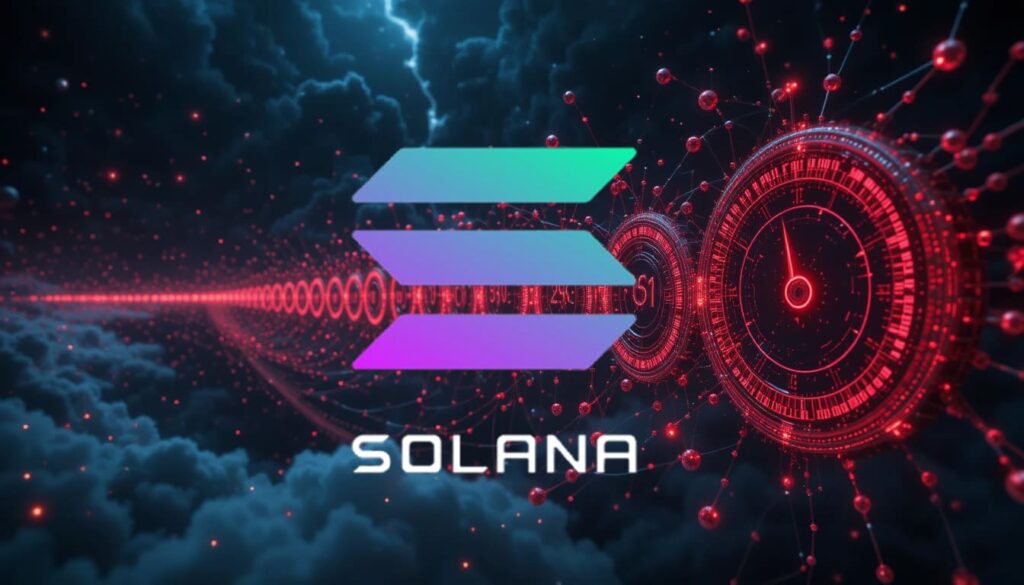Introduction
As the blockchain landscape evolves, new platforms emerge to address the scalability and efficiency challenges of earlier networks. Solana, often called a “Ethereum killer,” has gained significant attention for its high-speed transactions and low fees. But what exactly is Solana, and why has it become one of the most talked-about blockchain platforms? In this opinion piece, we’ll break down what makes Solana unique and its potential impact on the future of decentralized technology.
The rise of Solana: fast, scalable, and cost-effective
Launched in 2020 by Anatoly Yakovenko, Solana is a blockchain platform designed to support decentralized applications (dApps) and crypto projects with unmatched speed and scalability. At the core of Solana’s appeal is its ability to process over 65,000 transactions per second (TPS) at a fraction of a cent per transaction.
Solana’s primary innovation lies in its unique Proof-of-History (PoH) consensus mechanism, which timestamps transactions to ensure chronological order. Combined with Proof-of-Stake (PoS), this system allows Solana to maintain its speed without compromising decentralization. In an industry plagued by network congestion and high fees, these capabilities set Solana apart.
Key features of Solana
- High throughput
Solana’s architecture is built to handle a high volume of transactions, making it ideal for use cases like decentralized finance (DeFi), gaming, and NFTs. Its ability to scale without sacrificing performance has attracted projects that require fast, low-cost interactions. - Low transaction fees
One of the biggest criticisms of Ethereum has been its high gas fees during network congestion. Solana, on the other hand, maintains extremely low transaction costs, making it more accessible to both developers and users. - Developer-friendly ecosystem
Solana offers a suite of tools for developers, enabling them to build and deploy dApps quickly. With initiatives like the Solana Foundation grants, the platform actively encourages innovation within its ecosystem. - Strong community and ecosystem growth
Solana’s rapid adoption can be attributed to its vibrant community and ecosystem. From NFT platforms like Magic Eden to DeFi protocols like Serum, Solana has become a hub for innovation and experimentation in Web3.
Challenges and criticisms
Despite its impressive features, Solana is not without its challenges. Critics often point to its occasional network outages, which raise questions about its reliability and decentralization. While the platform’s speed is a strength, some argue that its trade-offs in decentralization could make it vulnerable to centralized control.
Additionally, competition in the blockchain space remains fierce, with Ethereum’s move to Ethereum 2.0 addressing some of its own scalability issues. Other emerging blockchains like Avalanche and Cardano also pose significant competition, offering their own unique solutions to scalability and efficiency.
Why Solana matters
Solana’s success represents more than just technological innovation; it signals a shift in the blockchain industry’s priorities. By prioritizing speed and cost-effectiveness, Solana is making blockchain technology more accessible and practical for real-world applications. This has significant implications for industries like gaming, finance, and supply chain management, where performance and affordability are critical.
Moreover, Solana’s emphasis on community-driven development and ecosystem growth has created a thriving environment for Web3 projects. As more developers and users flock to the platform, Solana is poised to play a crucial role in shaping the future of decentralized technology.
Conclusion
Solana has quickly emerged as one of the most promising blockchain platforms in the industry, offering solutions to the scalability and cost issues that have long plagued earlier networks. While it faces challenges and competition, its unique approach to speed, efficiency, and accessibility positions it as a key player in the blockchain ecosystem.
As the industry continues to evolve, platforms like Solana remind us that the race to define the future of blockchain is far from over. Whether Solana will maintain its momentum and deliver on its promise remains to be seen, but one thing is clear: Solana is a platform worth watching.
